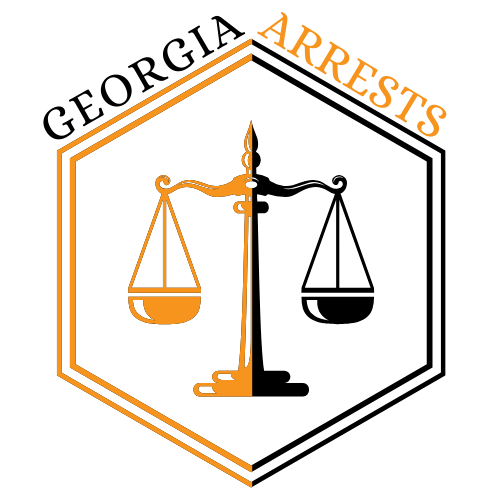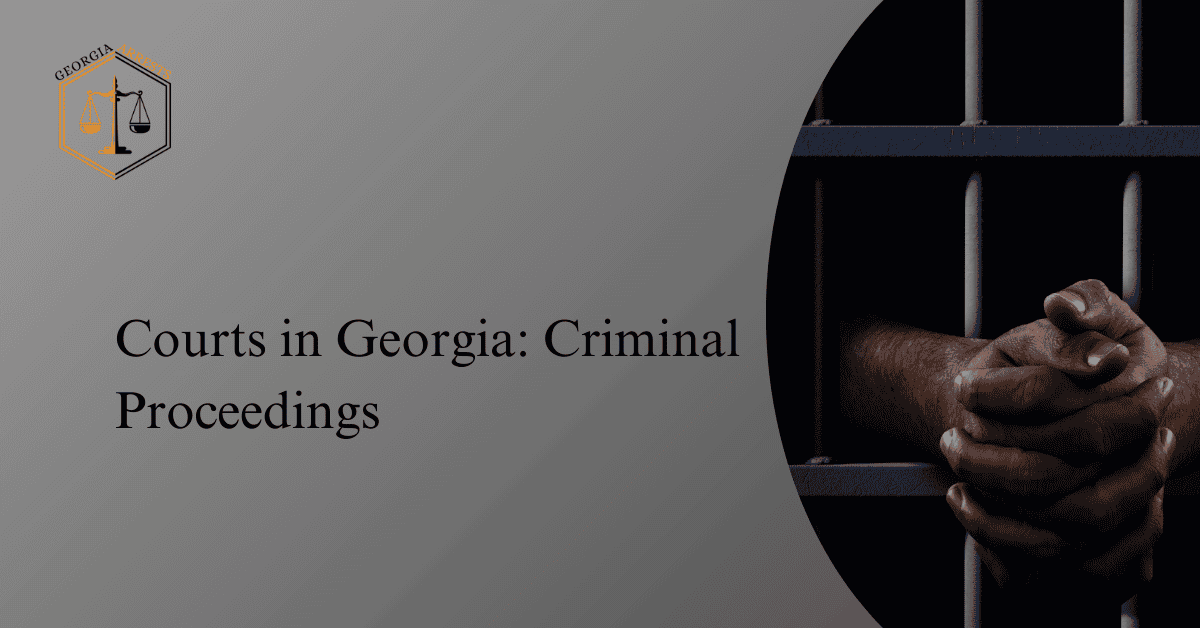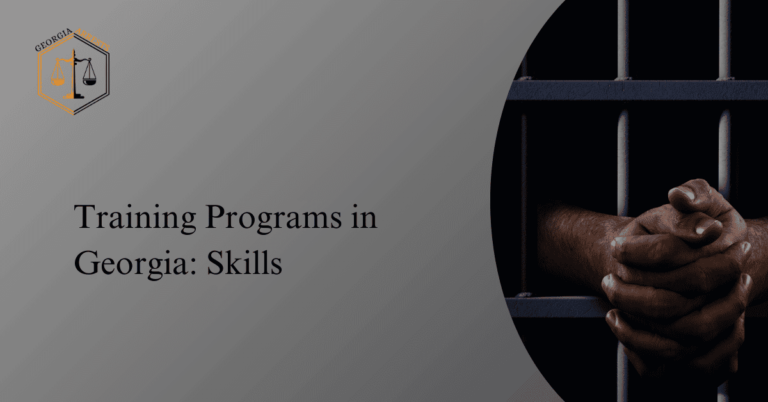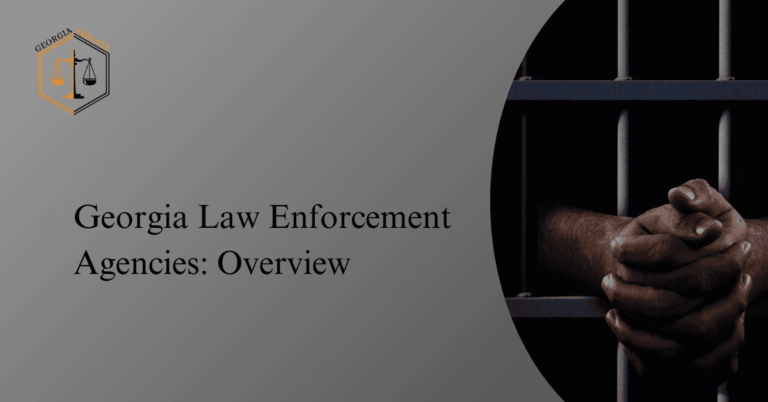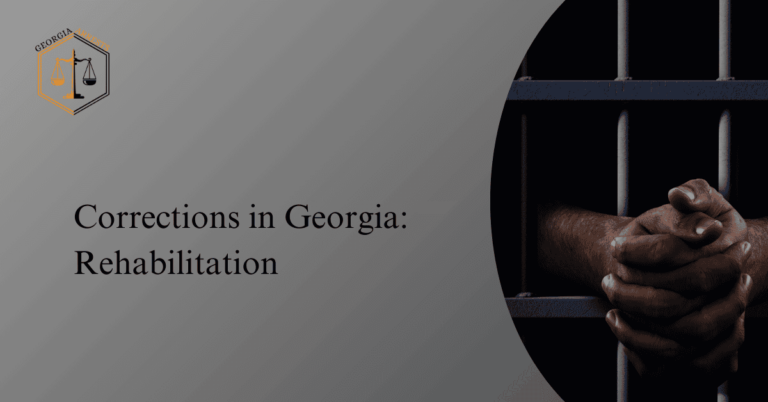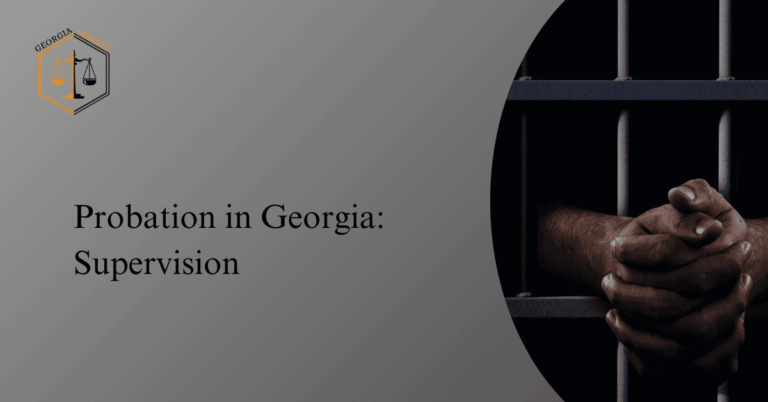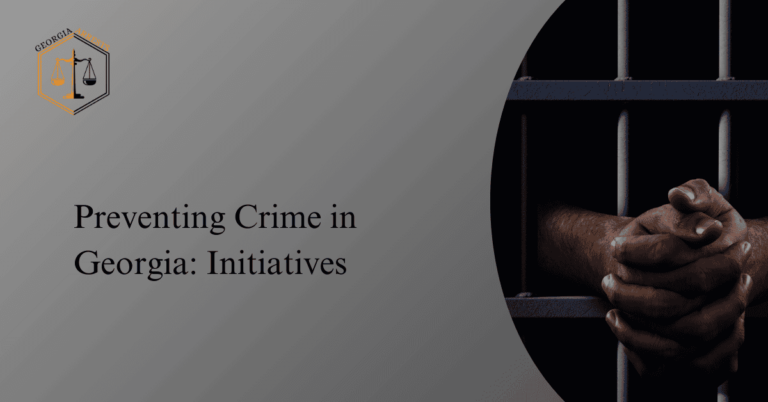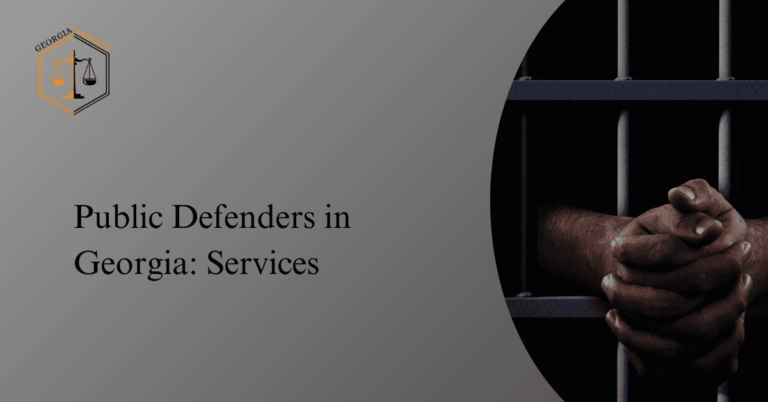Courts in Georgia: Criminal Proceedings
Courts in Georgia play a crucial role in overseeing criminal proceedings within the state. From arraignments to trials, these courts handle cases involving various criminal offenses. Judges, prosecutors, defense attorneys, and juries work together to ensure a fair and just legal process for all parties involved. Understanding the procedures and protocols of criminal proceedings in Georgia is essential for anyone navigating the justice system.
With a focus on upholding the law and protecting the rights of individuals, courts in Georgia follow specific guidelines and laws to maintain order and deliver justice. From minor infractions to serious felonies, each case is carefully examined and adjudicated to determine the appropriate outcome. Familiarizing oneself with the workings of the criminal justice system in Georgia can provide valuable insights into the legal processes and rights of individuals involved in criminal cases.
Overview of Courts in Georgia: Criminal Proceedings
Georgia’s criminal courts play a crucial role in administering justice and upholding the law within the state. These courts are responsible for handling cases related to criminal offenses, ensuring that due process is followed, and delivering fair judgments.
Role of Courts in Criminal Proceedings
The primary role of Georgia’s criminal courts is to oversee legal proceedings involving criminal offenses. Judges preside over cases, ensuring that the rights of the accused are protected, evidence is presented and evaluated, and fair trials are conducted. The courts also determine guilt or innocence and impose sentences when necessary.
Participants in the Legal Process
Various participants are involved in Georgia’s criminal proceedings, including judges, prosecutors, defense attorneys, jurors, witnesses, and law enforcement officers. Each plays a specific role in the legal process, contributing to the pursuit of justice and the resolution of criminal cases.
Procedures and Protocols in Georgia Courts
Georgia’s criminal courts adhere to specific procedures and protocols to ensure that cases are handled fairly and efficiently. These include rules for presenting evidence, conducting trials, sentencing offenders, and appealing decisions. Adherence to these protocols is essential for upholding the integrity of the legal system.
Importance of grasping Criminal Proceedings
Criminal proceedings in Georgia is crucial for individuals involved in legal matters, including defendants, victims, and witnesses. Knowledge of the court process, rights, and responsibilities can help navigate the complexities of the legal system and ensure that justice is served.
Guidelines Followed by Georgia Courts
Georgia’s criminal courts follow specific guidelines outlined by state laws and legal principles. These guidelines govern court procedures, evidence admissibility, sentencing criteria, and other aspects of the criminal justice system. Adherence to these guidelines is essential for maintaining consistency and fairness in legal outcomes.
Examination and Adjudication of Criminal Cases
Georgia’s criminal courts carefully examine and adjudicate criminal cases to determine the facts, assess guilt or innocence, and deliver appropriate judgments. Through rigorous examination of evidence, witness testimonies, and legal arguments, courts aim to ensure that justice is served and the rights of all parties are upheld.
Familiarizing with the Criminal Justice System in Georgia
Familiarizing oneself with the criminal justice system in Georgia can help individuals navigate legal challenges, understand their rights, and make informed decisions. By learning about court procedures, legal rights, and available resources, individuals can actively participate in the legal process and seek fair outcomes.
Insights into Legal Processes and Rights
Gaining insights into legal processes and rights within Georgia’s criminal courts is essential for promoting transparency, accountability, and fairness in the legal system. By understanding how courts operate, what rights individuals have, and how legal outcomes are determined, individuals can advocate for justice and uphold the rule of law.
Frequently Asked Questions
Our Frequently Asked Questions section aims to provide detailed information about Courts in Georgia: Criminal Proceedings to help users better understand the topic and address common queries.
What is the process for initiating a criminal case in Georgia?
In Georgia, criminal cases are initiated by the filing of a formal accusation or indictment. This process involves law enforcement conducting an investigation, gathering evidence, and presenting it to a grand jury. If the grand jury determines there is enough evidence, they will issue an indictment, formally charging the individual with a crime.
What rights do defendants have during criminal proceedings in Georgia?
Defendants in Georgia have several rights during criminal proceedings, including the right to an attorney, the right to remain silent, the right to a speedy trial, and the right to confront witnesses. These rights are protected by the U.S. Constitution and ensure that defendants receive a fair trial.
What is the role of a judge in criminal proceedings in Georgia?
In Georgia, judges play a crucial role in criminal proceedings. They oversee the legal process, ensure that both the prosecution and defense follow the law, and make decisions on matters such as bail, evidence admissibility, and sentencing. Judges also instruct the jury on the law and issue rulings on legal issues that arise during the trial.
Can a criminal case in Georgia be dismissed before trial?
Yes, a criminal case in Georgia can be dismissed before trial under certain circumstances. Common reasons for dismissal include lack of evidence, procedural errors, violation of the defendant’s rights, or a plea agreement. The decision to dismiss a case is typically made by the judge after reviewing the facts and arguments presented by both parties.
What is the difference between a misdemeanor and a felony in Georgia?
In Georgia, misdemeanors are less serious crimes that carry lighter penalties, such as fines, probation, or short jail sentences. Felonies, on the other hand, are more serious offenses that can result in longer prison sentences, hefty fines, and other severe consequences. The distinction between misdemeanors and felonies is based on the severity of the crime and its potential impact on society.
